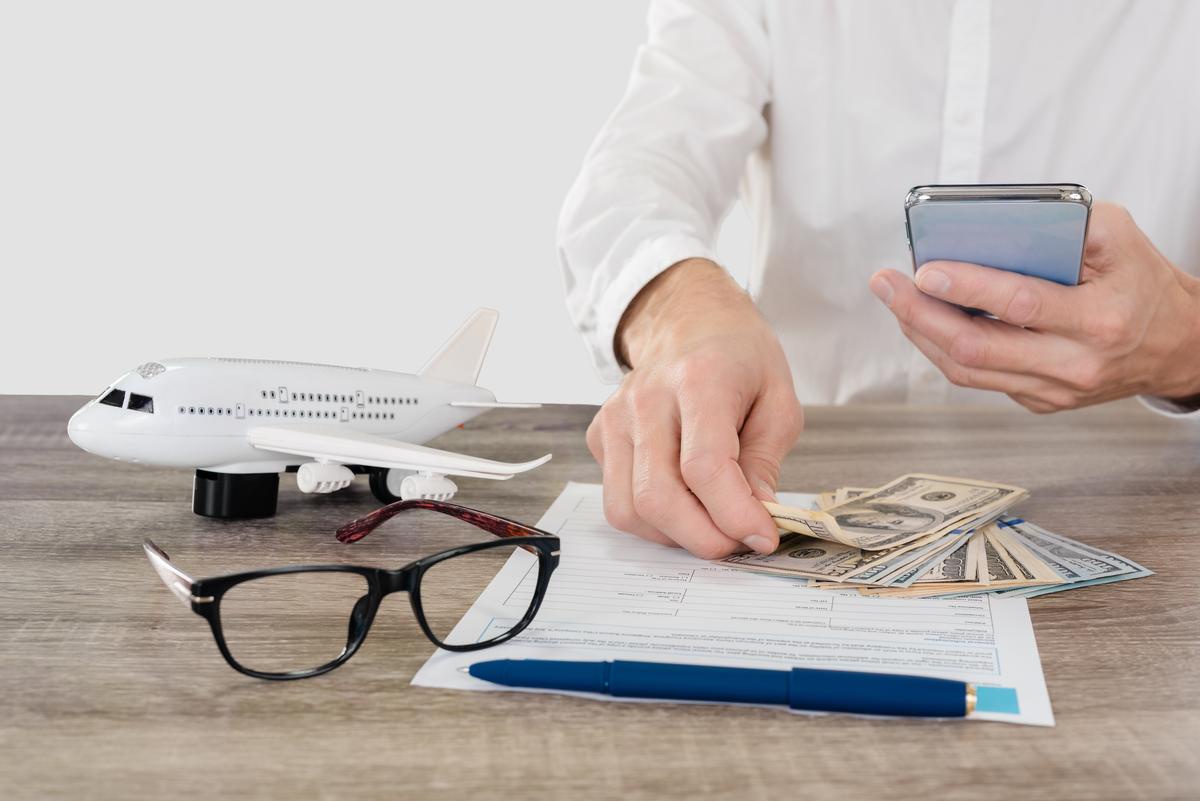If you're a business traveler, you're in luck! Did you know that you can potentially save a significant amount of money by deducting your business travel expenses? In this article, we'll break down the rules and conditions surrounding this tax-saving opportunity. Whether you're a seasoned business professional or just getting started, understanding the ins and outs of business travel expense deductions can make a big difference in your financial bottom line.
Introduction to Business Travel Expenses Deduction
Let's start with the basics. Business travel expenses deduction refers to the costs incurred while traveling for work-related purposes. These expenses can include airfare, lodging, meals, transportation, and even conference fees. However, not all business travel expenses qualify for deductions. There are specific rules and conditions you must meet to qualify for these deductions.
What Qualifies as a Business Trip?
For travel expenses deductions, your trip must have a clear and substantial business purpose. This means that you need to be traveling to meet clients, attend conferences, perform job-related tasks, or engage in activities that directly benefit your employer or business. Personal vacations that happen to include some work-related activities may not qualify for deductions.
Travel Expenses Deduction
Now, let's dive into the nitty-gritty of deductible expenses. The following are typically deductible when incurred during a business trip:
Transportation: This includes airfare, train or bus tickets, rental cars, and even the cost of shipping business materials.
Lodging: Expenses for accommodations, such as hotels, are deductible as long as they are necessary for the business purpose of your trip.
Meals: You can deduct the cost of meals while traveling for business, but there are some limitations and conditions. We'll explore this in more detail later.
Communication: Expenses related to phone calls, internet usage, and other communication tools required for business purposes are deductible.
Business Materials: The cost of materials or supplies needed for your work during the trip can be deducted.
Record-Keeping Requirements
To claim deductions, you must maintain thorough records of your expenses. This includes saving receipts, documenting the business purpose of each expense, and recording the dates and locations of your trips. Keeping organized records is essential in case of an audit by the IRS.
Standard Mileage Rate vs. Actual Expenses
When it comes to deducting transportation costs, you have two options: using the standard mileage rate or deducting your actual expenses. The standard mileage rate is a fixed amount per mile driven, while deducting actual expenses involves calculating all your vehicle-related costs, such as gas, maintenance, and depreciation. You can choose the method that works best for your situation.
Meals and Entertainment Expenses
While you can deduct meal expenses incurred during business travel, there are some limitations. Generally, you can deduct up to 50% of your meal expenses. However, you must keep detailed records of the expenses, including the names of individuals you dined with and the business purpose of the meal.
Traveling with Family or Friends
If you're traveling with family or friends, you can still deduct your own expenses, but you cannot deduct theirs. Be sure to separate personal expenses from business-related ones to avoid complications.
Home Office Deduction for Business Travel
For those who have a home office and occasionally work while traveling, you may be eligible for a home office deduction. However, this deduction has specific requirements and should be used cautiously to avoid any red flags during an audit.
International Business Travel
If your business takes you across borders, international travel expenses can also be deductible. However, the rules and conditions may vary, so it's essential to seek expert advice or consult IRS guidelines when dealing with international travel expenses.
Consequences of Non-Compliance
It's crucial to follow the rules and conditions for business travel expense deduction. Non-compliance can result in penalties, interest charges, and even legal consequences. Always ensure that your deductions are legitimate and supported by proper documentation.
Conclusion
In conclusion, understanding the rules and conditions surrounding business travel expense deductions can save you money and keep you in good standing with the IRS. By keeping detailed records, knowing what qualifies as a business trip, and following the guidelines for deducting expenses, you can make the most of this tax-saving opportunity.


No comments yet